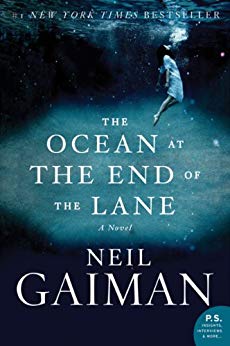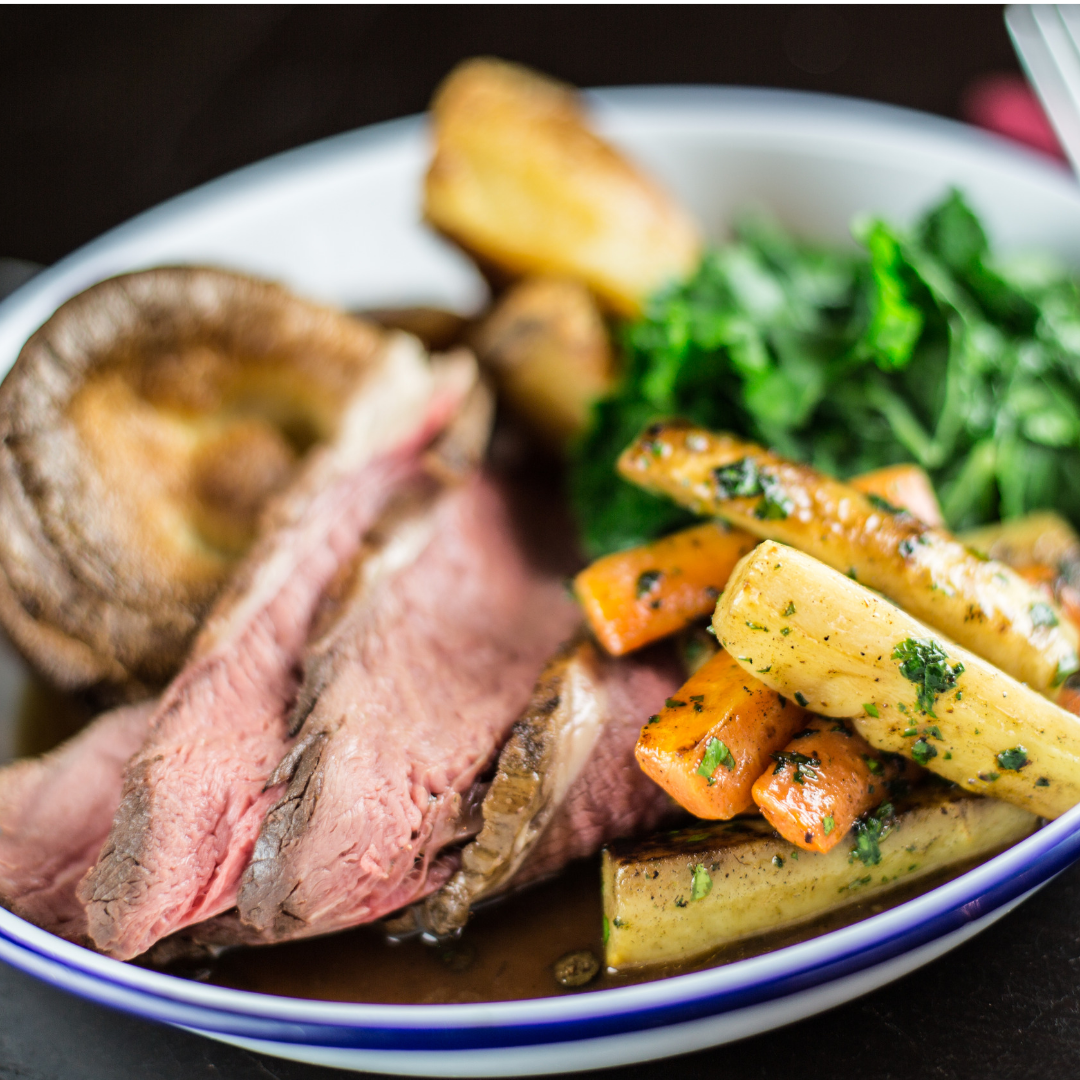Sussex, England. A middle-aged man returns to his childhood home to attend a funeral. Although the house he lived in is long gone, he is drawn to the farm at the end of the road, where, when he was seven, he encountered a most remarkable girl, Lettie Hempstock, and her mother and grandmother. He hasn't thought of Lettie in decades, and yet as he sits by the pond (a pond that she'd claimed was an ocean) behind the ramshackle old farmhouse, the unremembered past comes flooding back. And it is a past too strange, too frightening, too dangerous to have happened to anyone, let alone a small boy.
I’m a huge Neil Gaiman fan and The Ocean at the End of the Lane was everything I could want from one of his books. But what I wasn’t expecting was so many wonderful little kitchen moments within the story. And food that was simple, beautiful and comforting.
Lettie cooked us pancakes on a big metal griddle, on the kitchen stove. They were paper-thin, and as each pancake was done Lettie would squeeze lemon onto it, and plop a blob of plum jam into the center, and roll it tightly, like a cigar. When there were enough we sat at the kitchen table and wolfed them down. There was a hearth in that kitchen, and there were ashes still smoldering in the hearth, from the night before.
That kitchen was a friendly place, I thought.
The old woman gave me a lump of honeycomb, from the Hempstocks’ own beehive, on a chipped saucer, and poured a little cream over it from a jug. I ate it with a spoon, chewing the wax like gum, letting the honey flow into my mouth, sweet and sticky with an aftertaste of wildflowers.
There was a bowl of porridge on the kitchen table and beside it, a saucer with a lump of golden honeycomb on it, and a jug of rich yellow cream. I spooned up a lump of the honeycomb and mixed it into the thick porridge, then I poured in the cream. There was toast, too, cooked beneath the grill as my father cooked it, with homemade blackberry jam. There was the best cup of tea I have ever drunk. By the fireplace, the kitten lapped at a saucer of creamy milk, and purred so loudly I could hear it across the room.
I wished I could purr too. I would have purred then.
HOLY SHIT, ME TOO!
Lettie’s mother was already hauling a tin bath from beneath the kitchen table, and filling it with steaming water from the enormous black kettle that hung above the fireplace. Pots of cold water were added until she pronounced it the perfect temperature…
Old Mrs. Hempstock passed me a mug, filled with soup from the black pot on the stove. “Get that down you. Heat you up from the inside, first.”
The soup was rich, and warming. I had never drunk soup in the bath before. It was a perfectly new experience. When I finished the mug I gave it back to her, and in return she passed me a large cake of white soap and a face-flannel and said, “Now get scrubbin’. Rub the life and the warmth back into your bones.”
SOUP IN THE BATH? SIGN ME UP!
Dinner was wonderful. There was a joint of beef, with roast potatoes, golden-crisp on the outside and soft and white inside, buttered greens I did not recognize, although I think now that they might have been nettles, roasted carrots all blackened and sweet (I did not think that I liked cooked carrots, so I nearly did not eat one, but I was brave, and I tried it, and I liked it, and was disappointed in boiled carrots for the rest of my childhood). For dessert there was the pie, stuffed with apples and with swollen raisins and crushed nuts, all topped with a thick yellow custard, creamier and richer than anything I had ever tasted at school or at home.
There was a plate waiting for me in my place at the table in the farmhouse’s huge kitchen. On it was a portion of shepherd’s pie, the mashed potato a crusty brown on top, minced meat and vegetables and gravy beneath it. I was scared of eating food outside my home, scared that I might want to leave food I did not like and be told off, or be forced to sit and swallow it in minuscule portions until it was gone, as I was at school, but the food at the Hempstocks’ was always perfect. It did not scare me.
While Neil Gaiman’s books are often frightening, the food in Ocean at the End of the Lane is nothing to be scared of.





